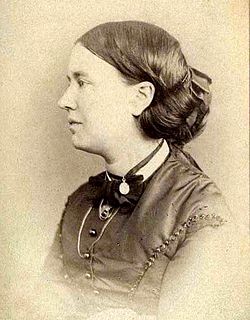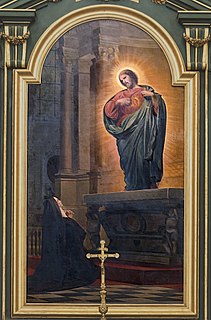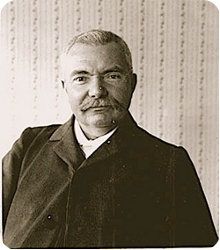A Quote by William Shakespeare
Thou seest I have more flesh than another man, and therefore more frailty.
Related Quotes
Owe no man any thing, but to love one another: for he that loveth another hath fulfilled the law. For this, Thou shalt not commit adultery, Thou shalt not kill, Thou shalt not steal, Thou shalt not bear false witness, Thou shalt not covet; and if there be any other commandment, it is briefly comprehended in this saying, namely, Thou shalt love thy neighbour as thyself.
Who is so wise as to have a perfect knowledge of all things? Therefore trust not too much to thine own opinion, but be ready also to hear the opinion of others. Thought thine own opinion be good, yet if for the love of God thou foregoest it, and followest that of another, thou shalt the more profit thereby.
Man passes; he knows that he is dust; nothing is more evident than his frailty. If he should for a single moment forget it, what a chorus of voices would recall it to him! And yet, in the drop of existence which he absorbs, he takes in ages through memory and ages through presentiment. In the moments as they pass, he dimly sees eternity, and more than this, he possesses it by anticipation.


































